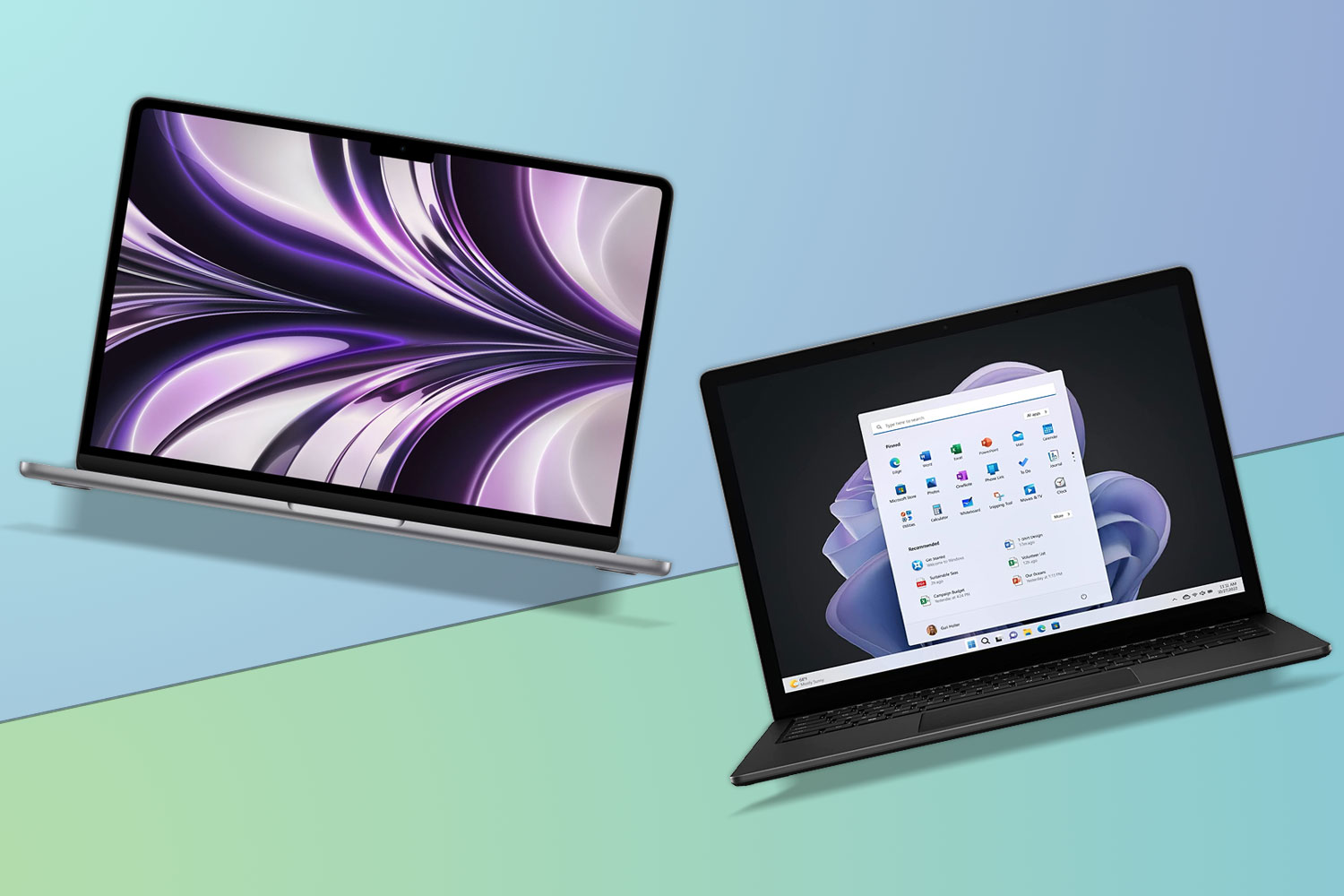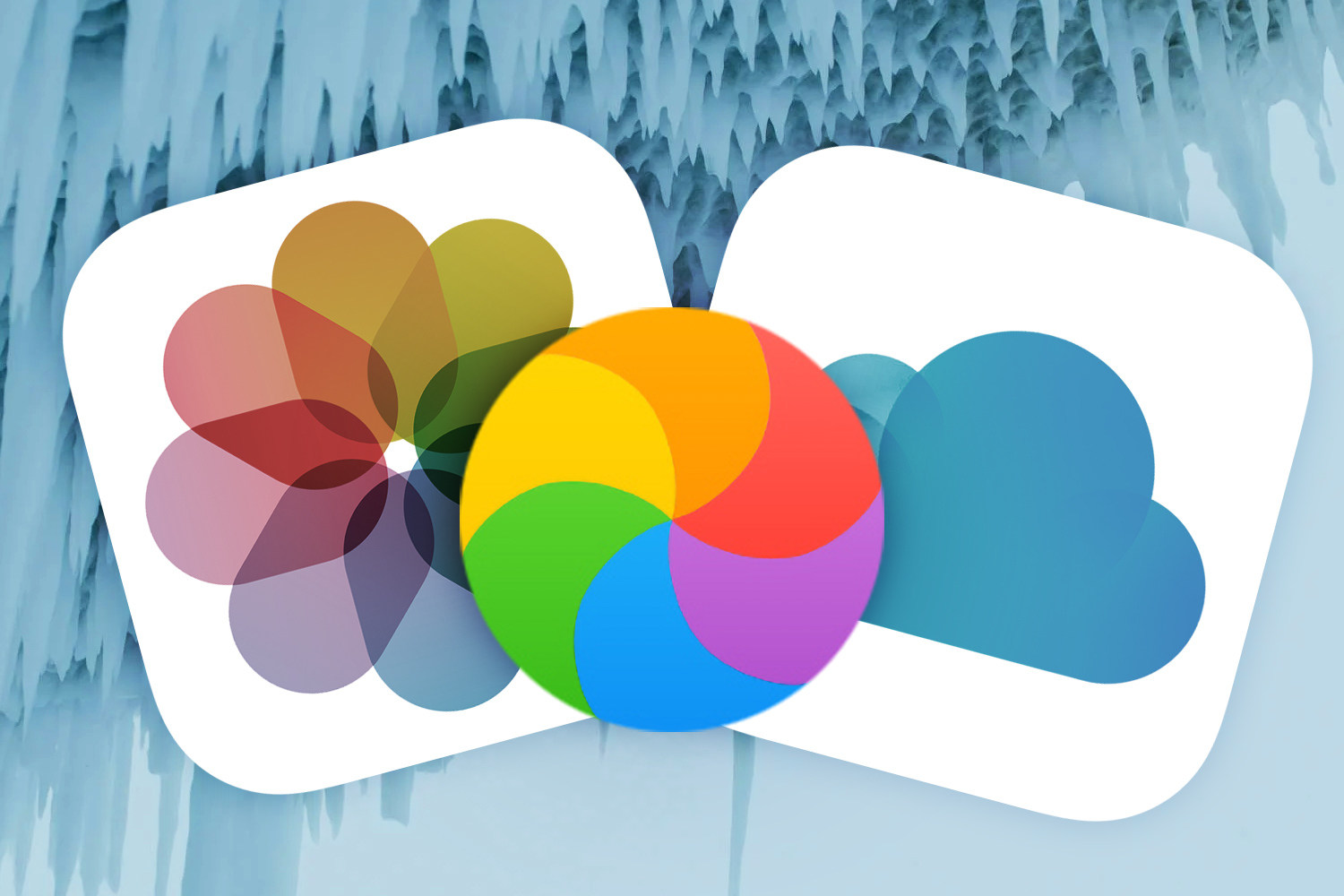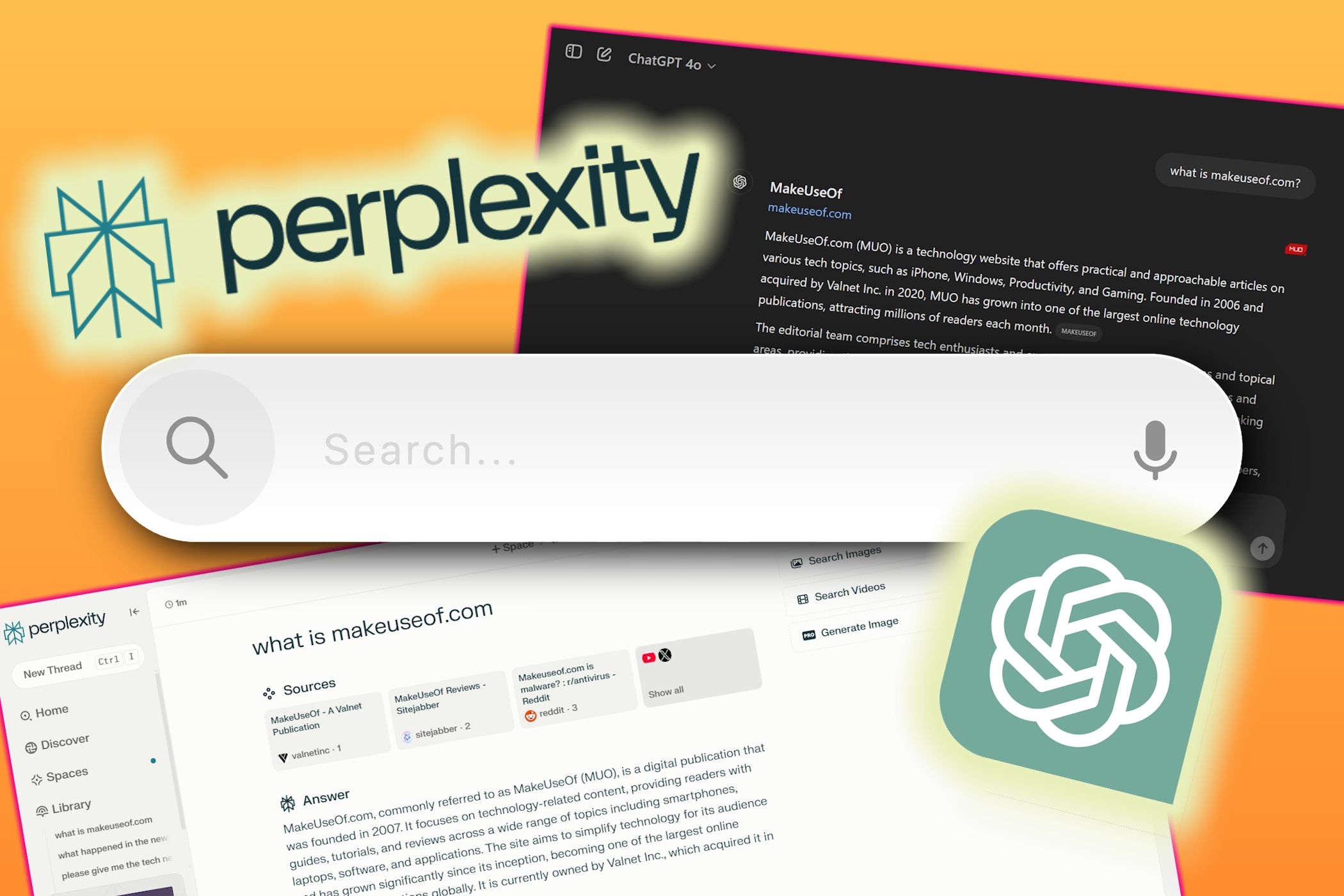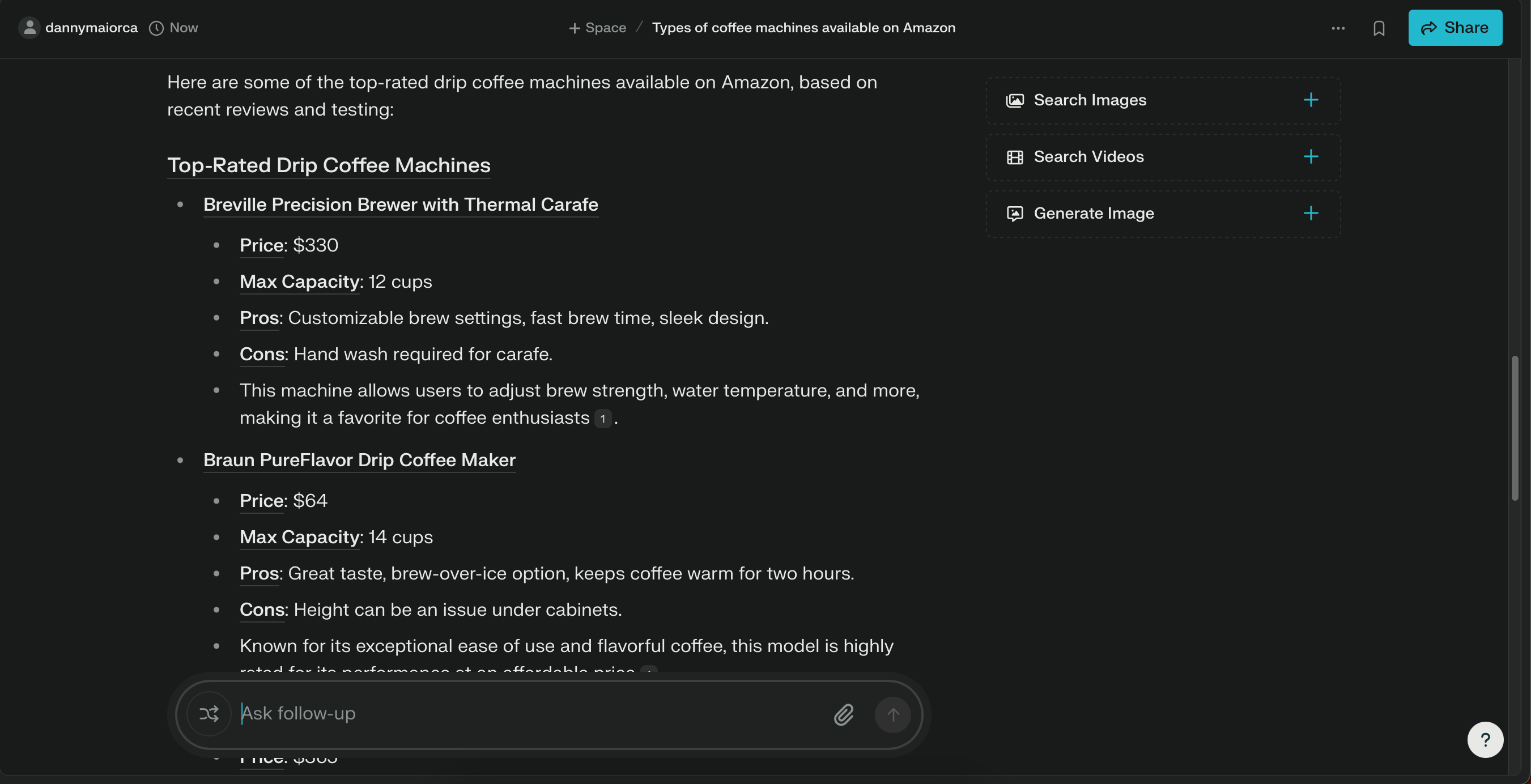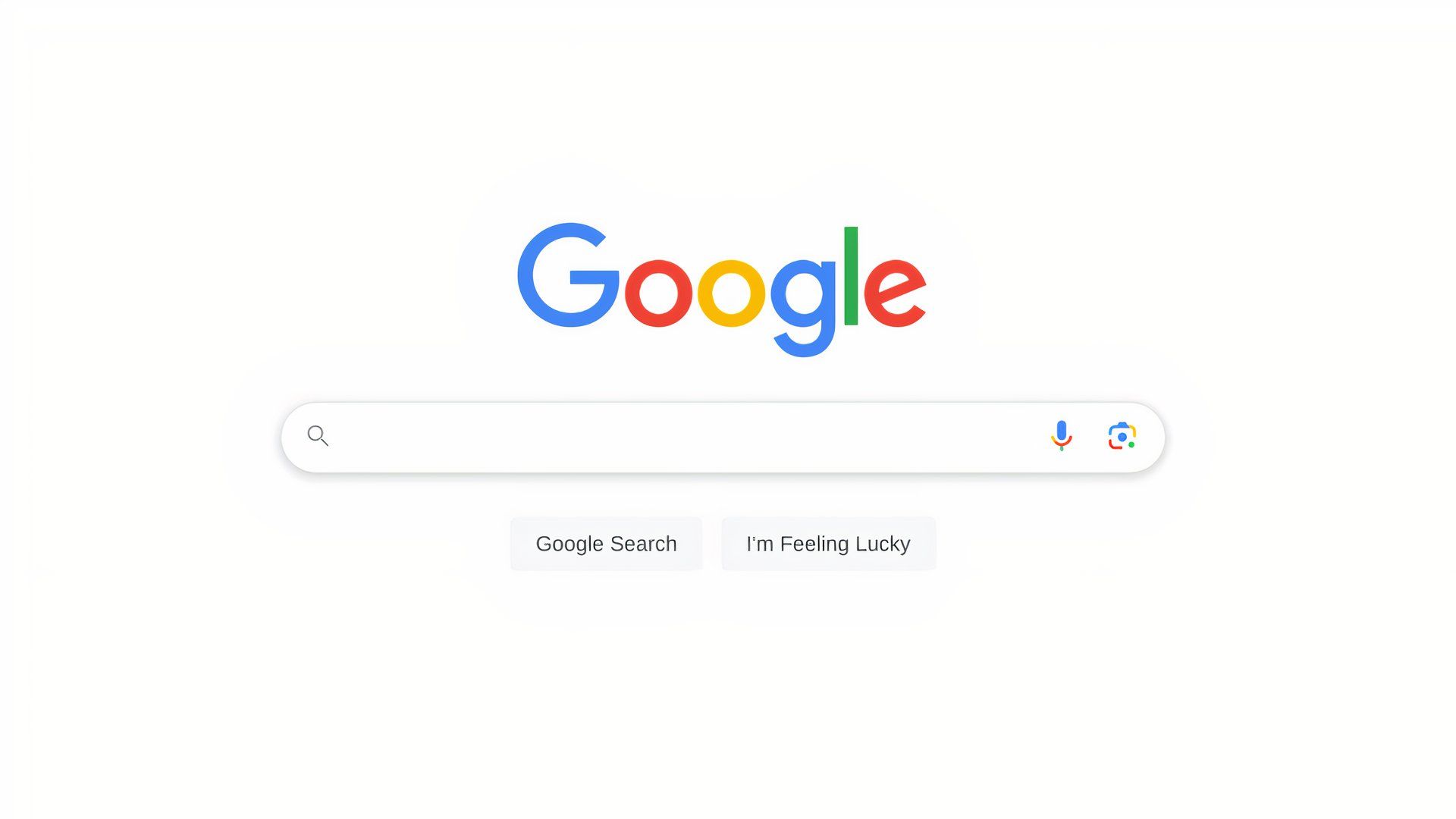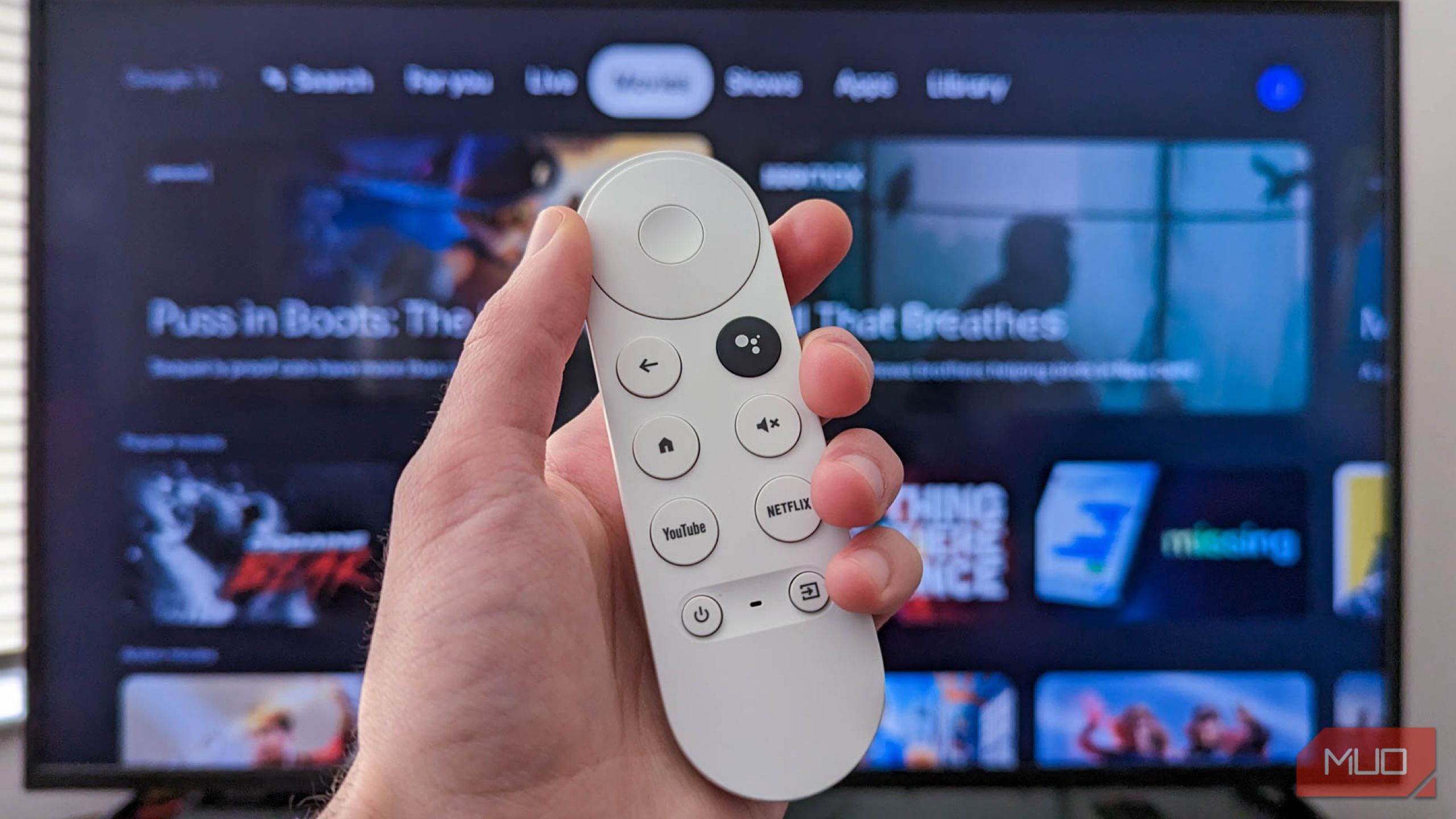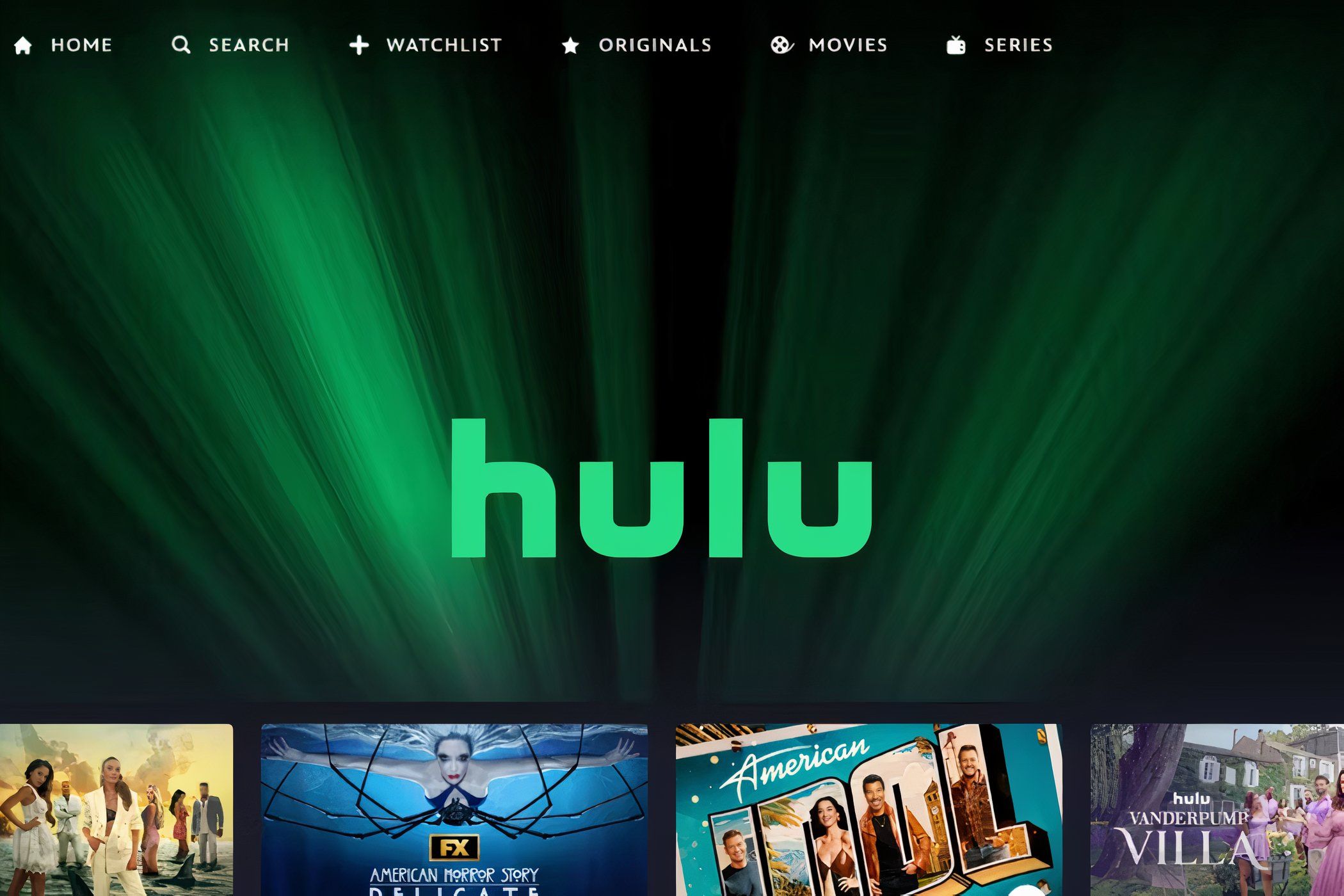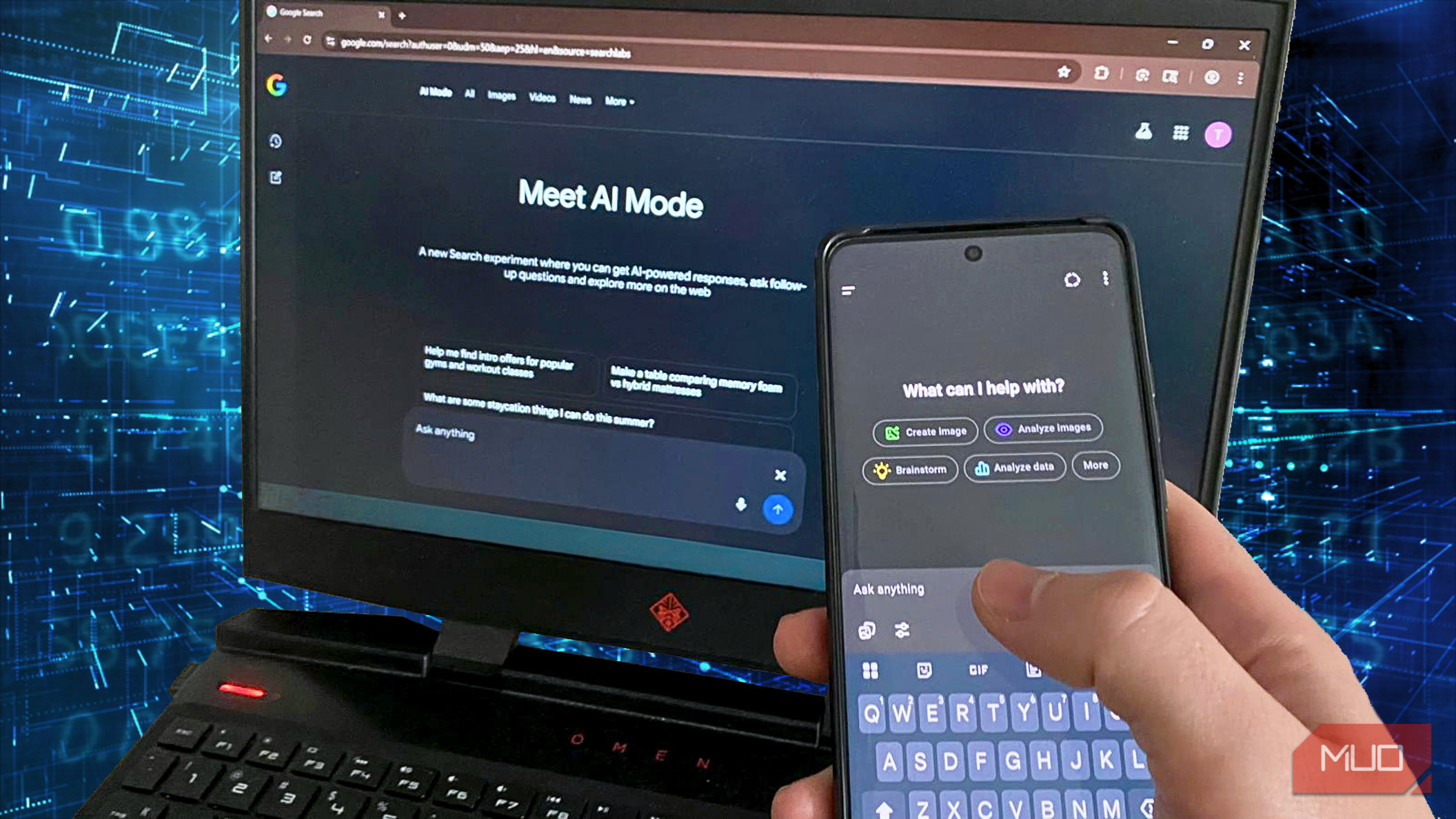AI search tools are great for many forms of research and for finding simple answers to questions. But despite how good they are in these areas, they’ll never fully replace classic Google searches.
5
AI Searches Are Sometimes Outdated
One of my biggest problems with AI searches is that the results sometimes aren’t timely. For example, I’ll sometimes search for terms and receive sources that haven’t been updated in many years.
In contrast, Google searches are updated regularly; it’s not uncommon to see a recently published article or video appear at the top of a search engine results page (SERP). This timeliness is crucial when doing research, and until AI tools catch up, they’ll always be second-fiddle.
4
Google Is Better for Fact-Checking
When testing Perplexity against Google, I found that Perplexity didn’t perform as well, and the results were more ambiguous. Information often conflicted, and I could never 100% trust it.
In my opinion, Google is still the best tool for fact-checking. It excels for general knowledge, and I feel more comfortable verifying claims. Though Google is by no means perfect, AI tools are notorious for sometimes portraying inaccurate information.
When I explained why I don’t think Mastodon will replace X, I said that any technology needs mass appeal to disrupt the old way of doing things. While people who follow tech closely know all about how impactful AI search tools can be, we can often forget that normal users don’t think in the same way.
At this point, many people have heard about programs like ChatGPT, but very few have used them (despite how it feels to those immersed in tech!). Unless a significant number people start using AI search tools like Perplexity, it’ll be very difficult for AI search tools to fully replace classic Google searches.
Many folks are also fatigued from constant AI talk, which is one of the signs we’ve already reached peak AI. Mass appeal is very unlikely if they don’t see these apps as anything other than a fad.
2
It’s Hard to Change People’s Habits
Even if AI search tools did have mass appeal, it’s very difficult to change people’s deeply embedded habits. Google has been the default search engine for many since the early 2000s. Many people have grown up using nothing other than Google and social media to search for information.
Even if you convince lots of people to change, that doesn’t mean everyone will. For example, some people still read newspapers and watch cable TV—even though more modern forms of media have emerged.
The only way you change most people’s habits is if you offer something easier to use and does a better job than what’s already available. I’m not convinced that AI tools will do this.
1
Google Has a Simpler Interface
One of the reasons why Google is so popular is because of how easy it is to use. The interface is a design masterclass; you simply need to enter your query and hit the Enter key before receiving your search results. When you receive these, they’re laid out in an easy-to-navigate manner. Never mind AI; this is why Google stands out above most other search engines.
In contrast, AI search tools require a learning curve. You need to learn how to start conversations, and the app interfaces are also a bit more clunky. These elements add resistance, making it harder for many people to justify switching to an AI search tool.
AI search apps have their place in the search ecosystem, but they probably won’t fully replace classic Google searches. Google is easier to use, and some people have a lifelong habit of using it. AI search will replace some functions, but it’s not a direct swap for everything.

